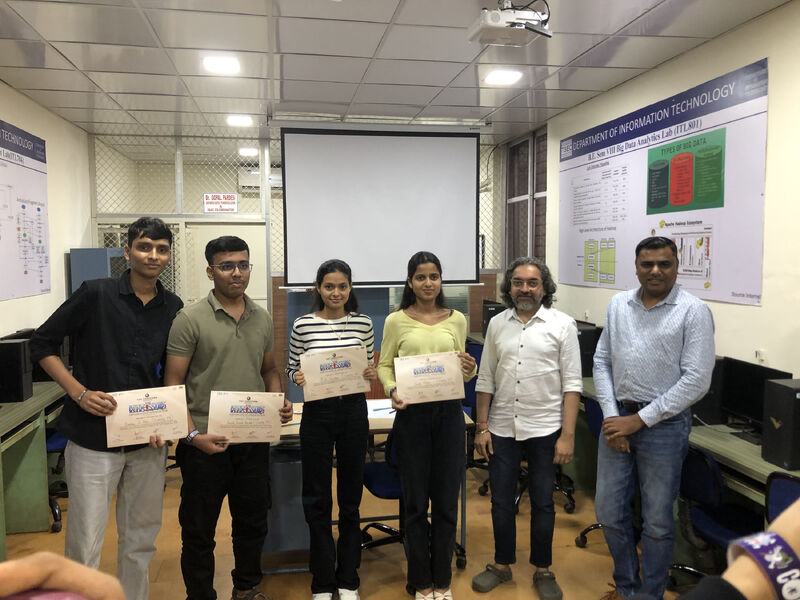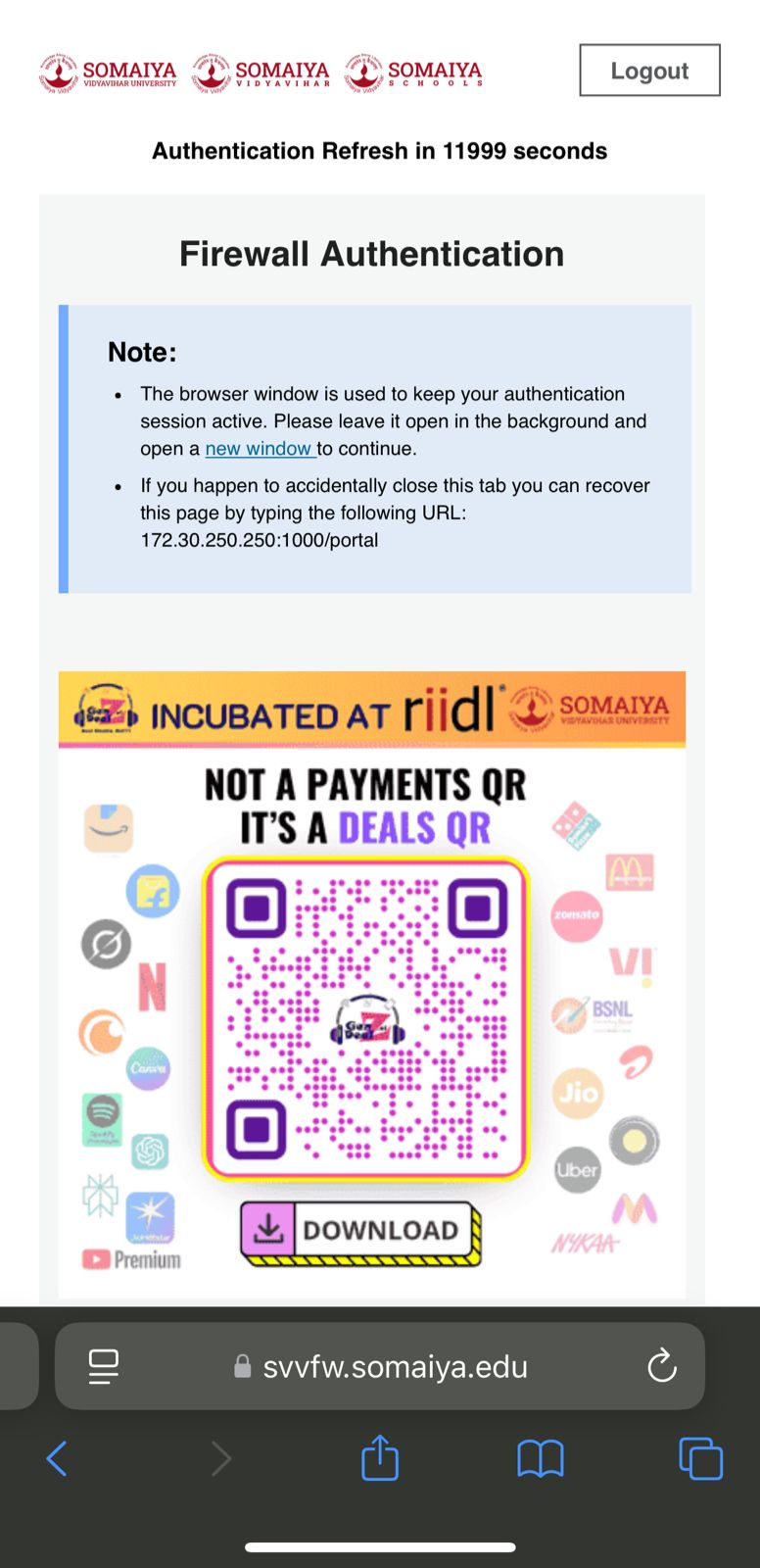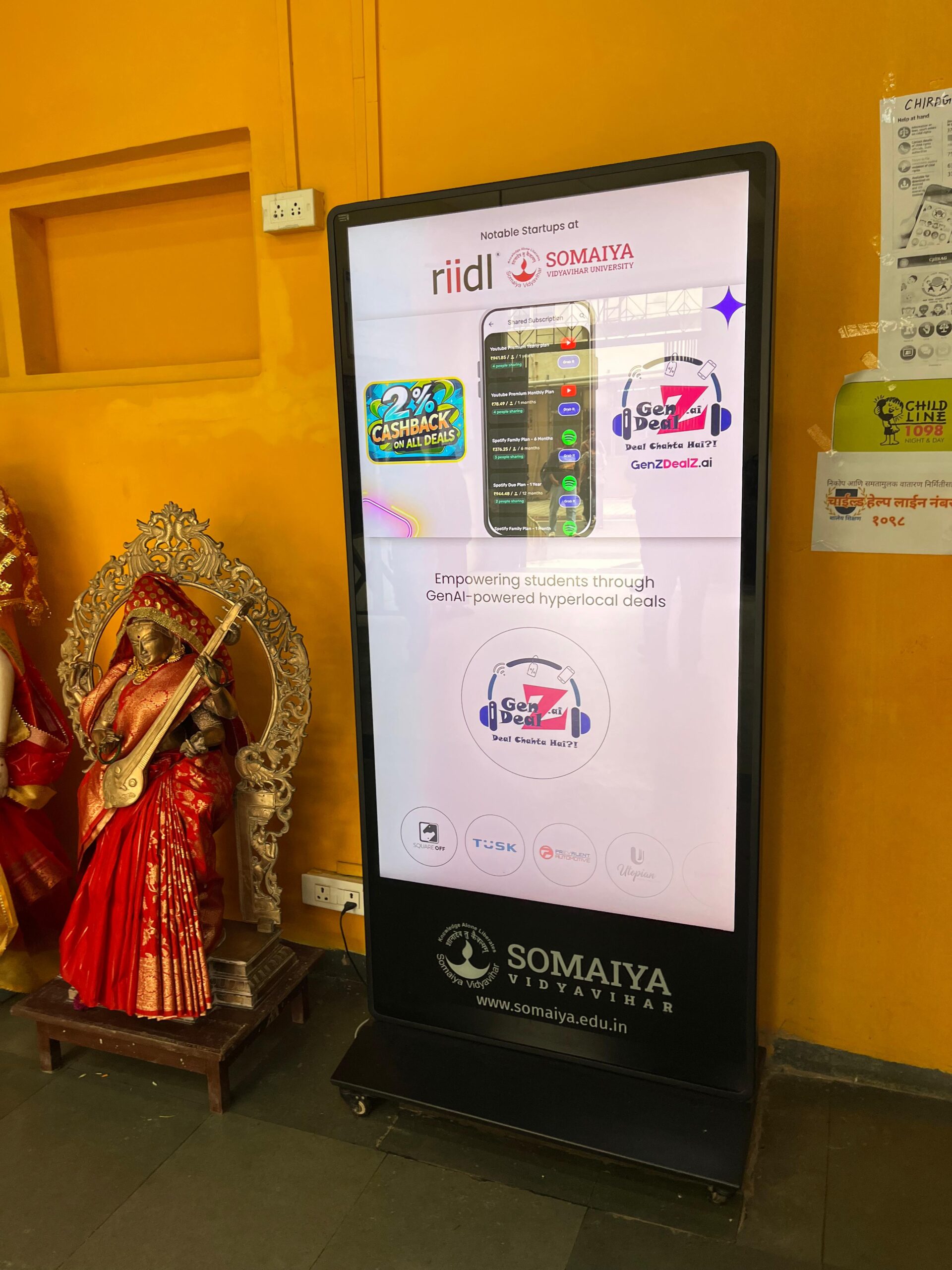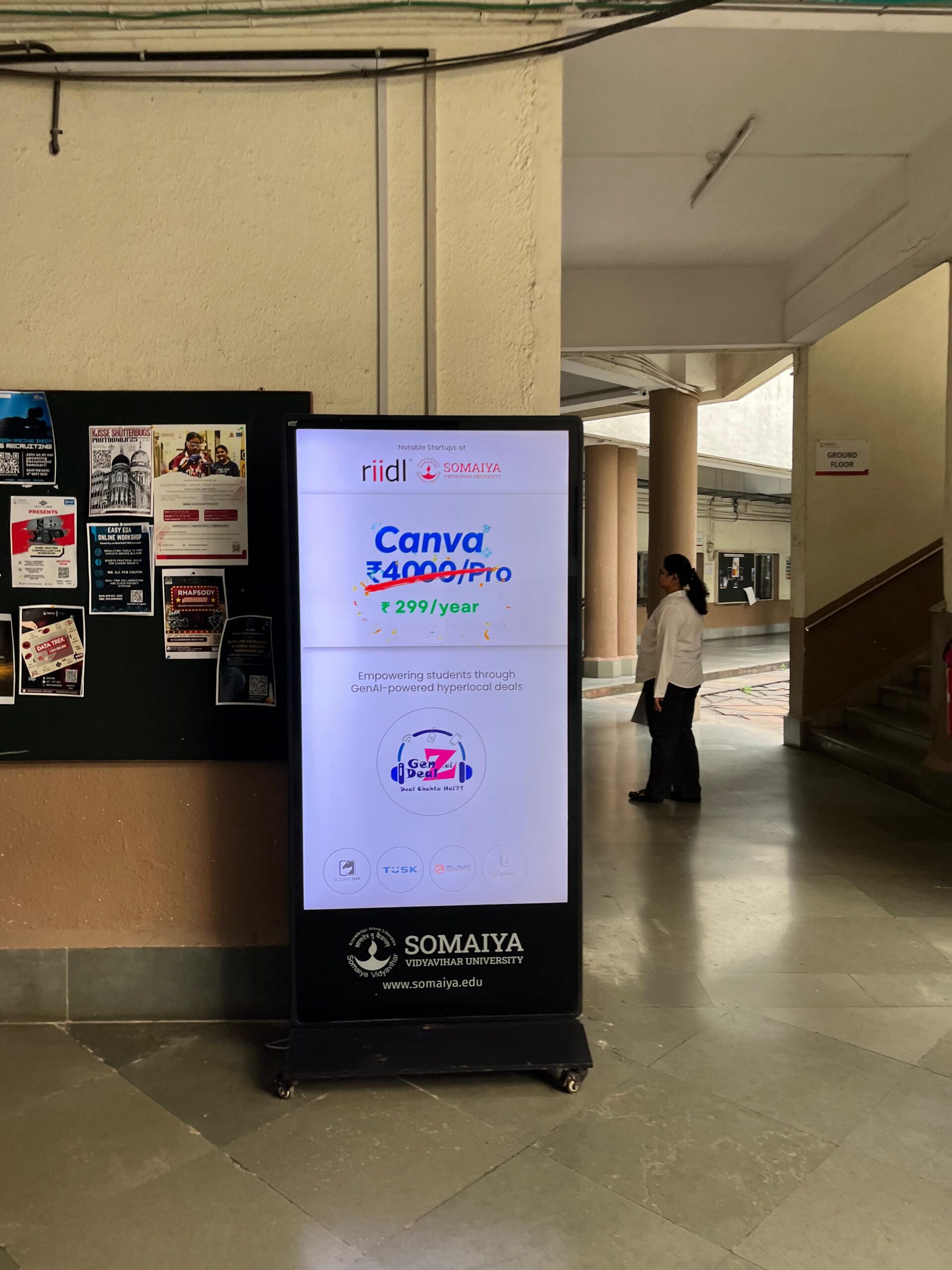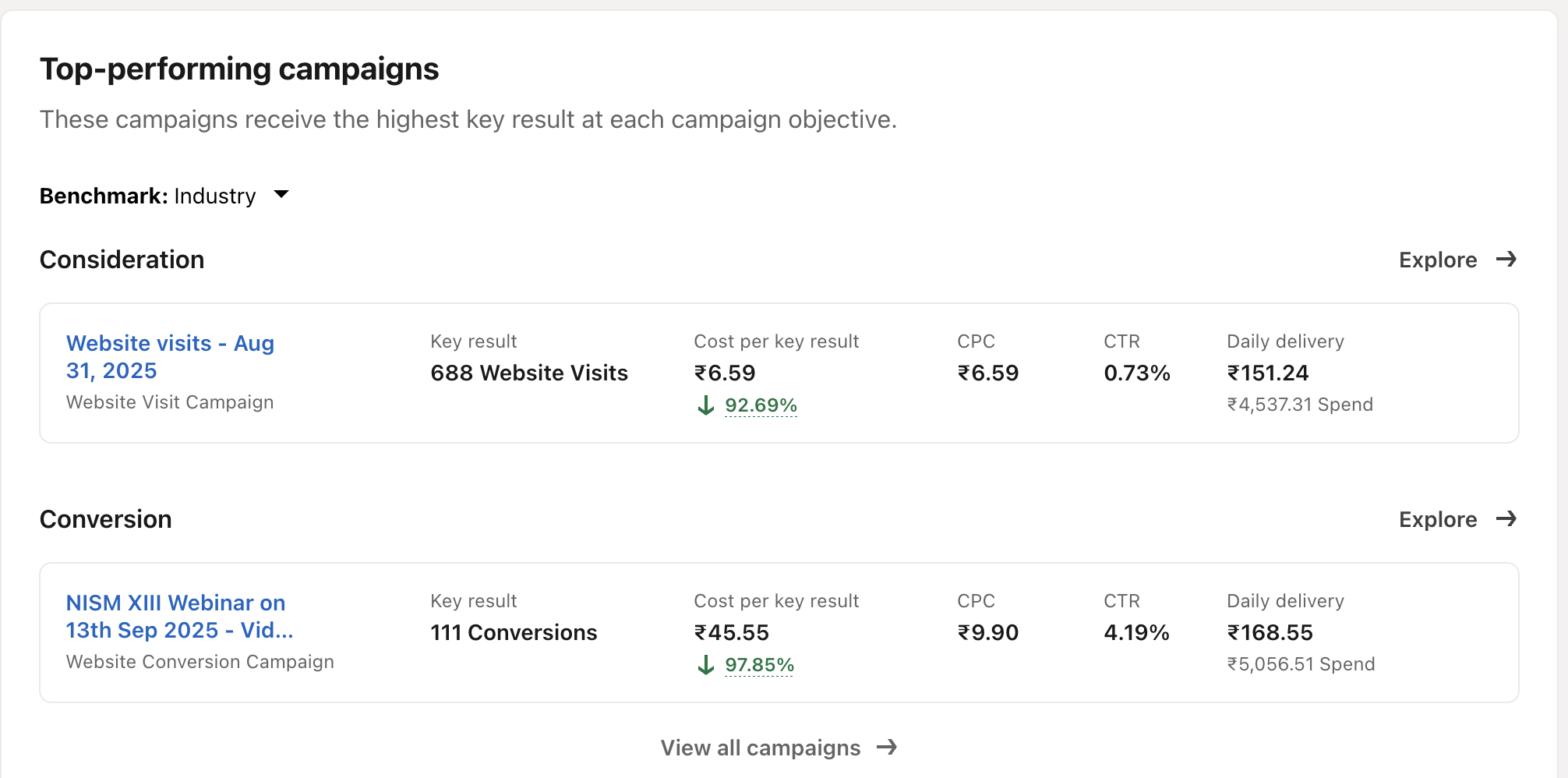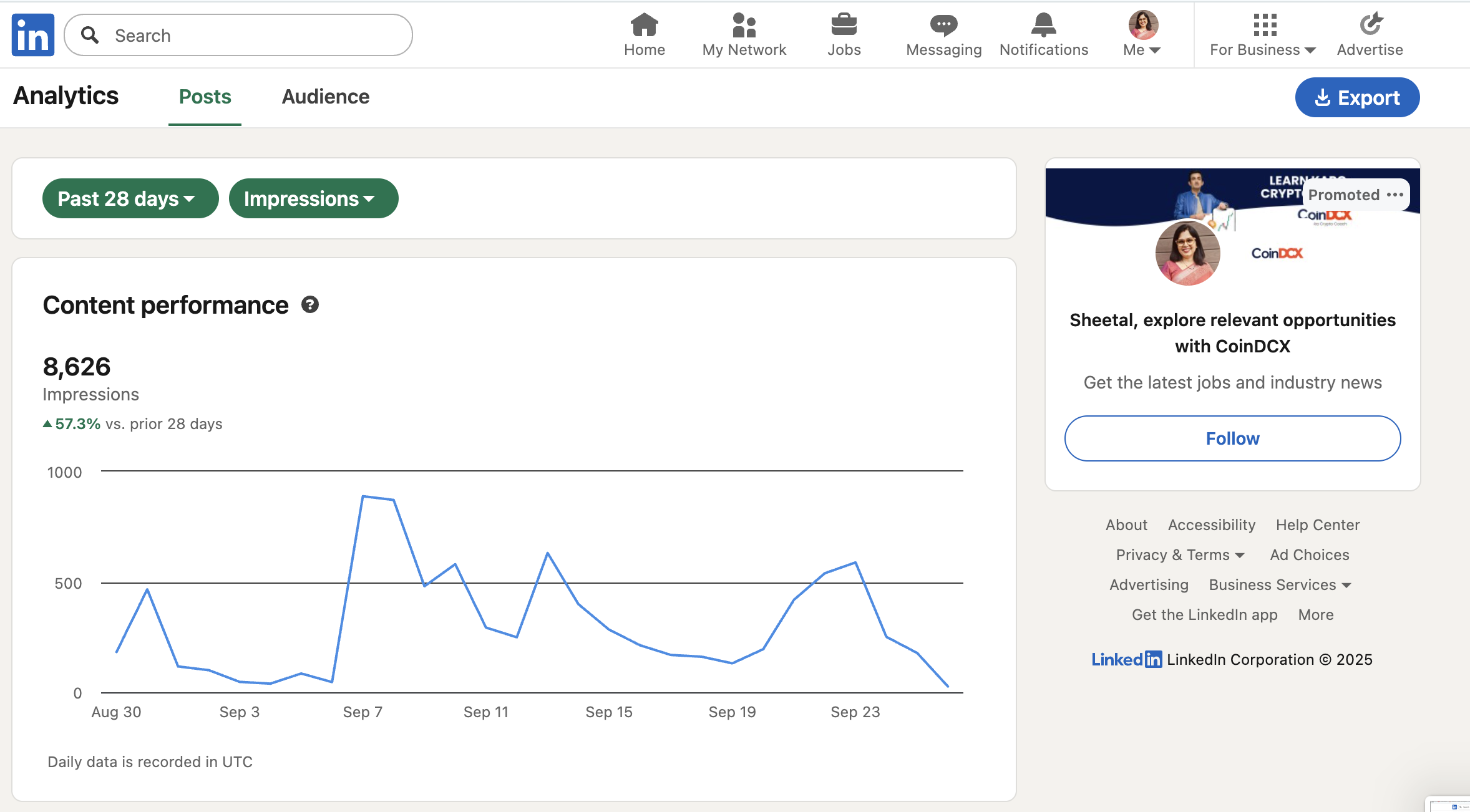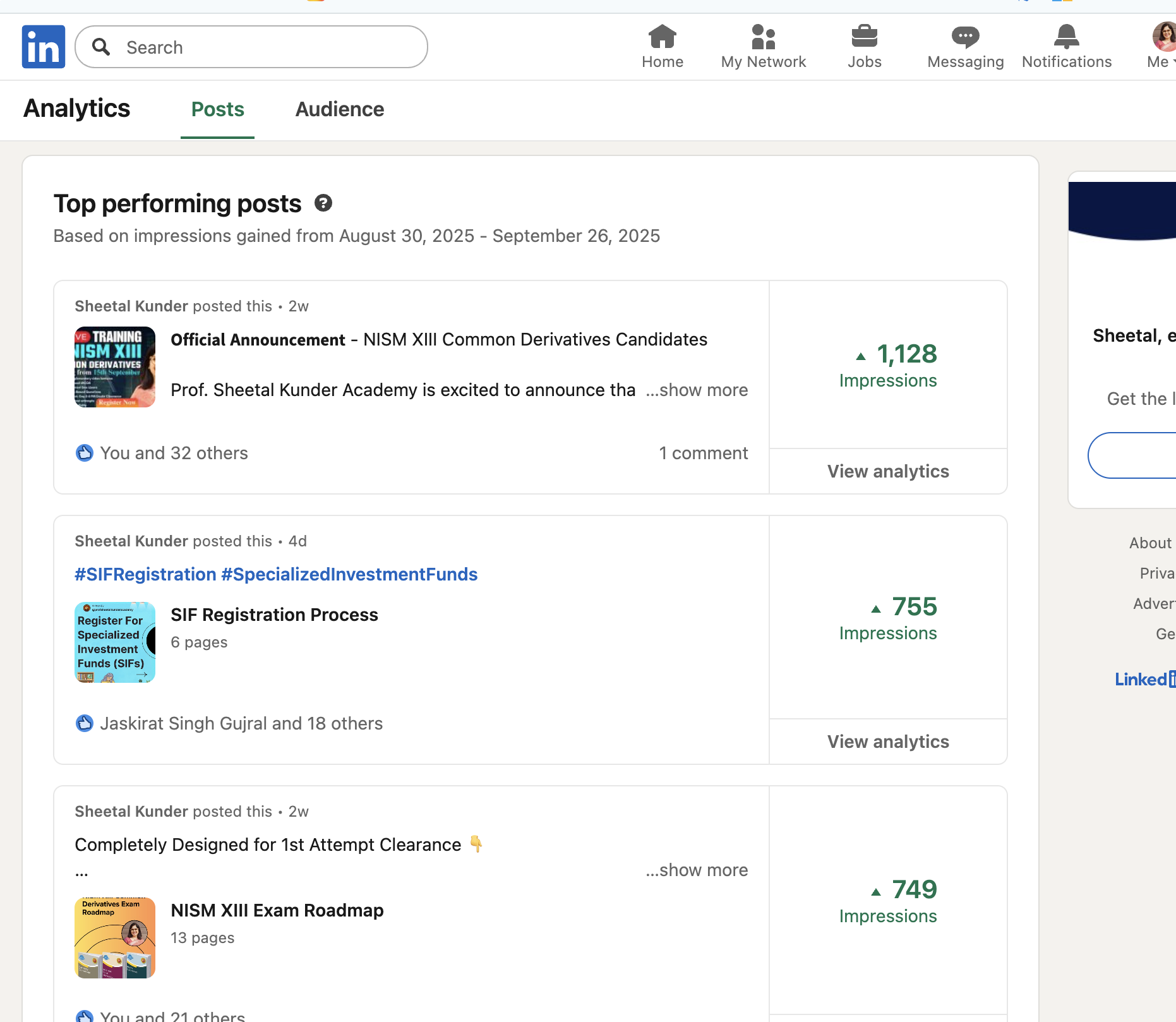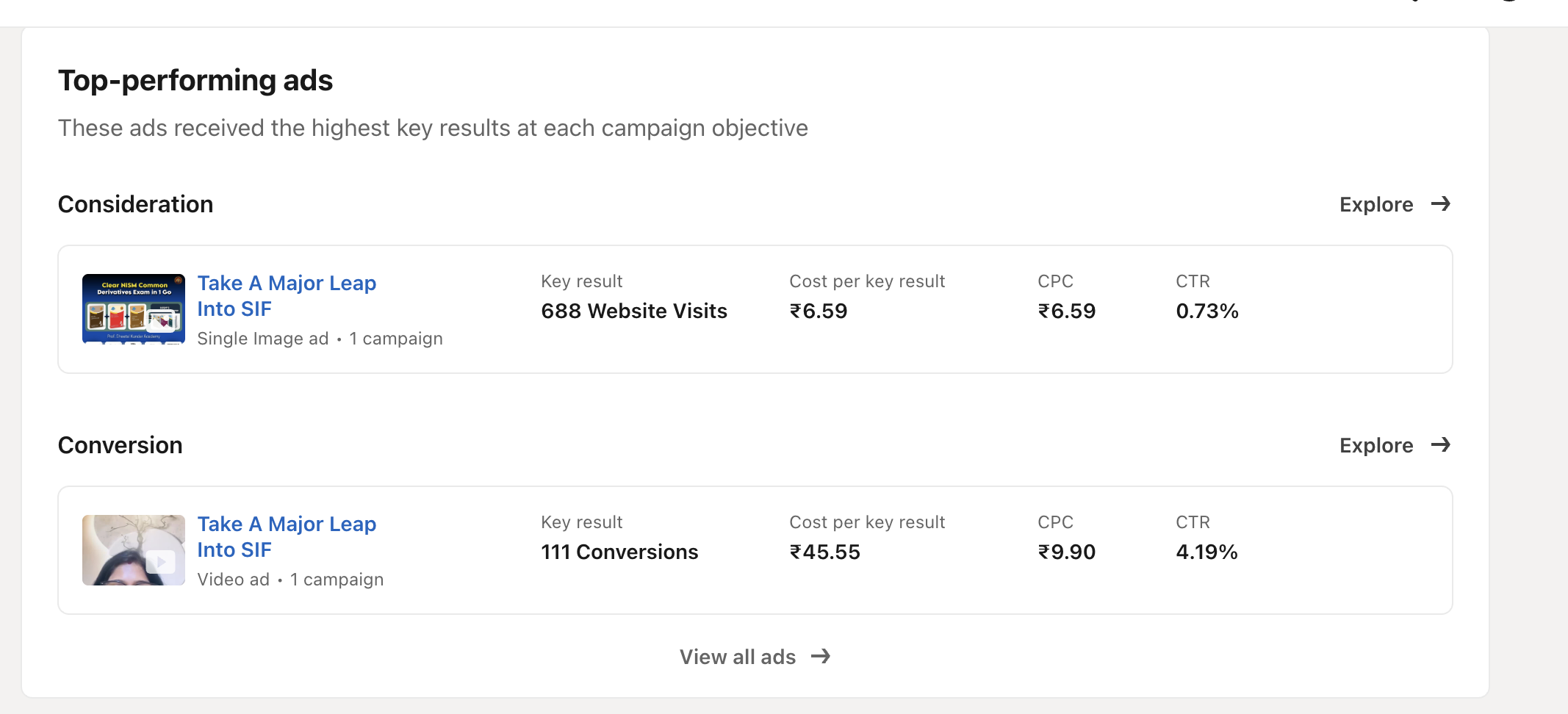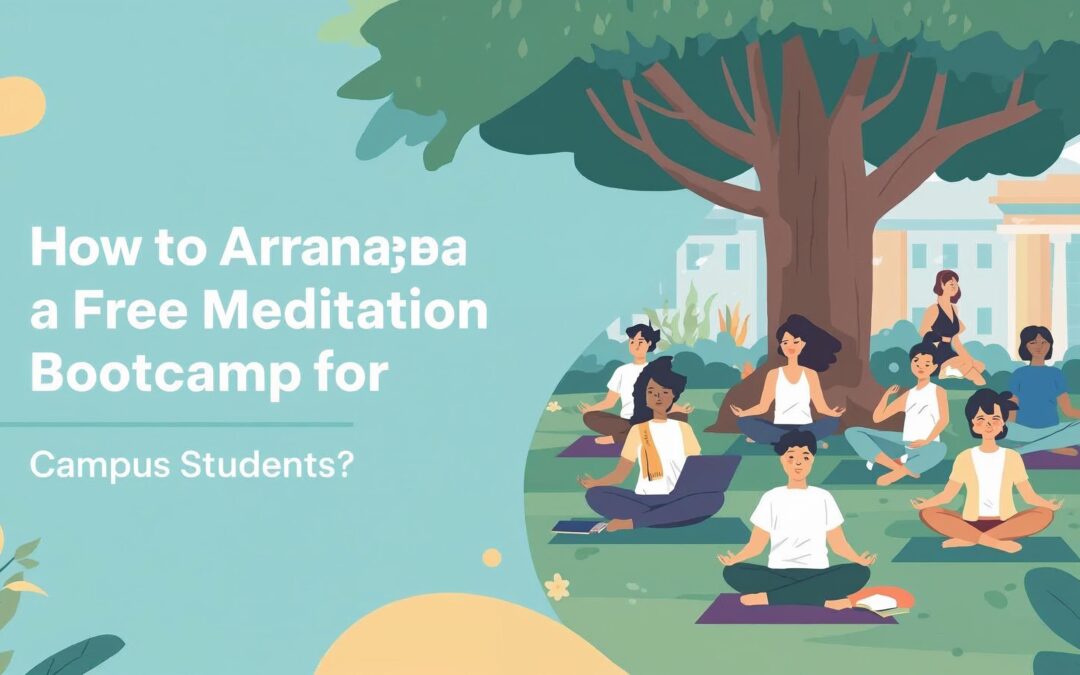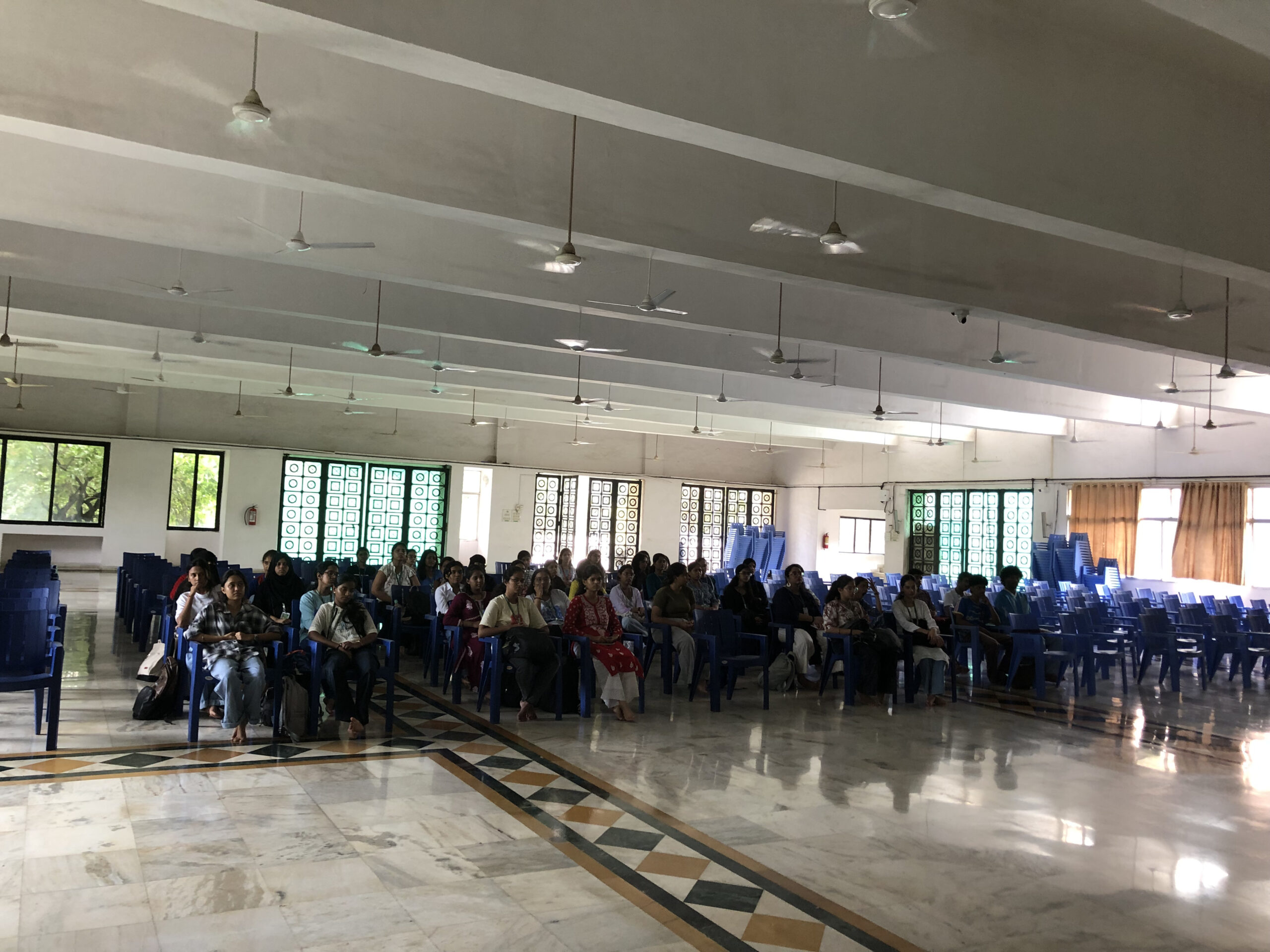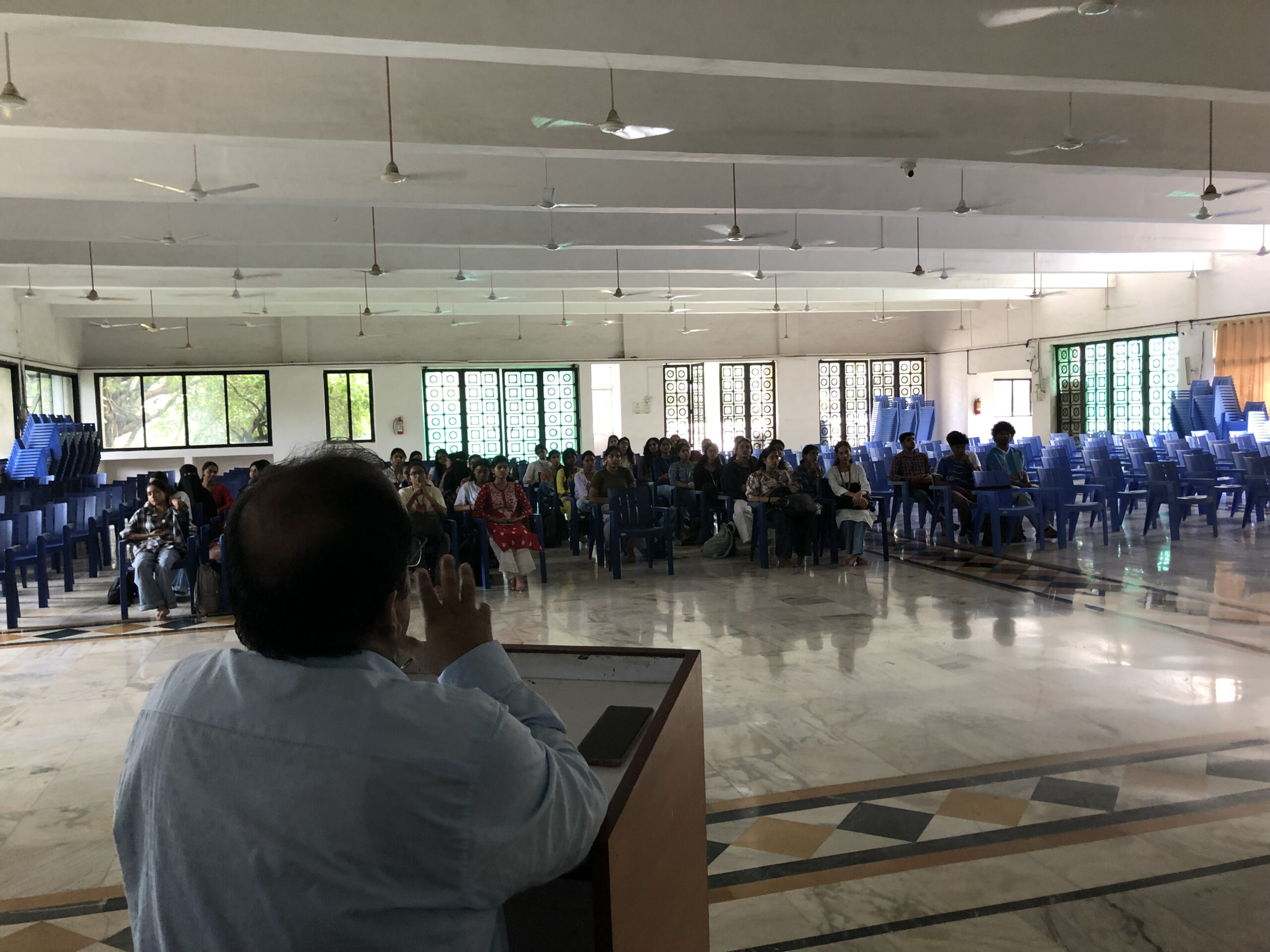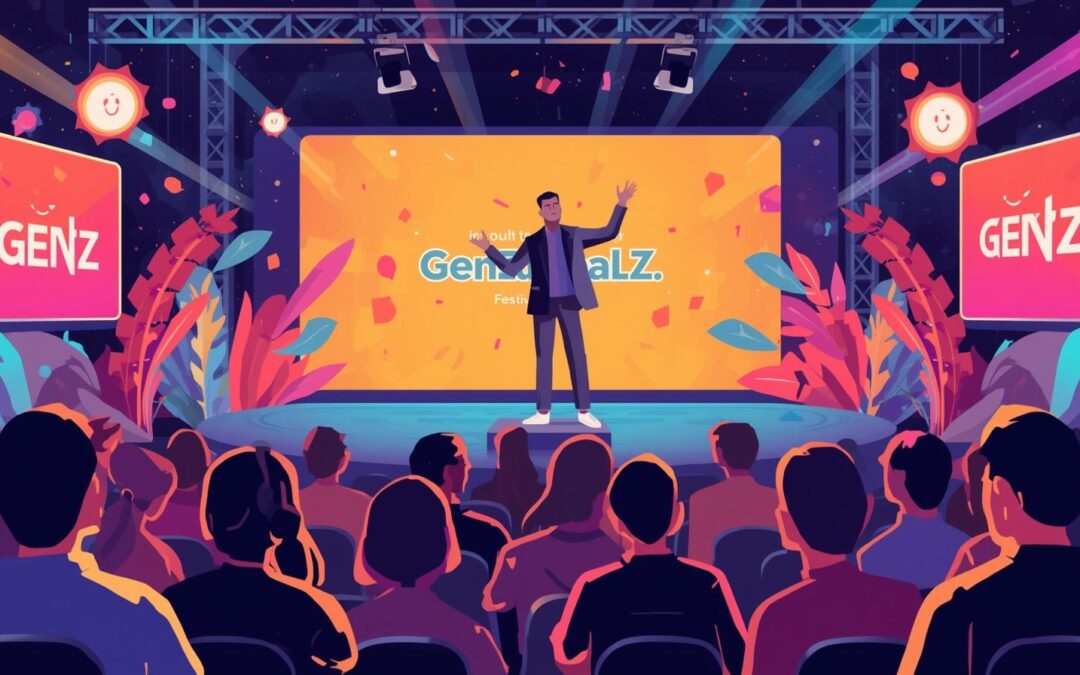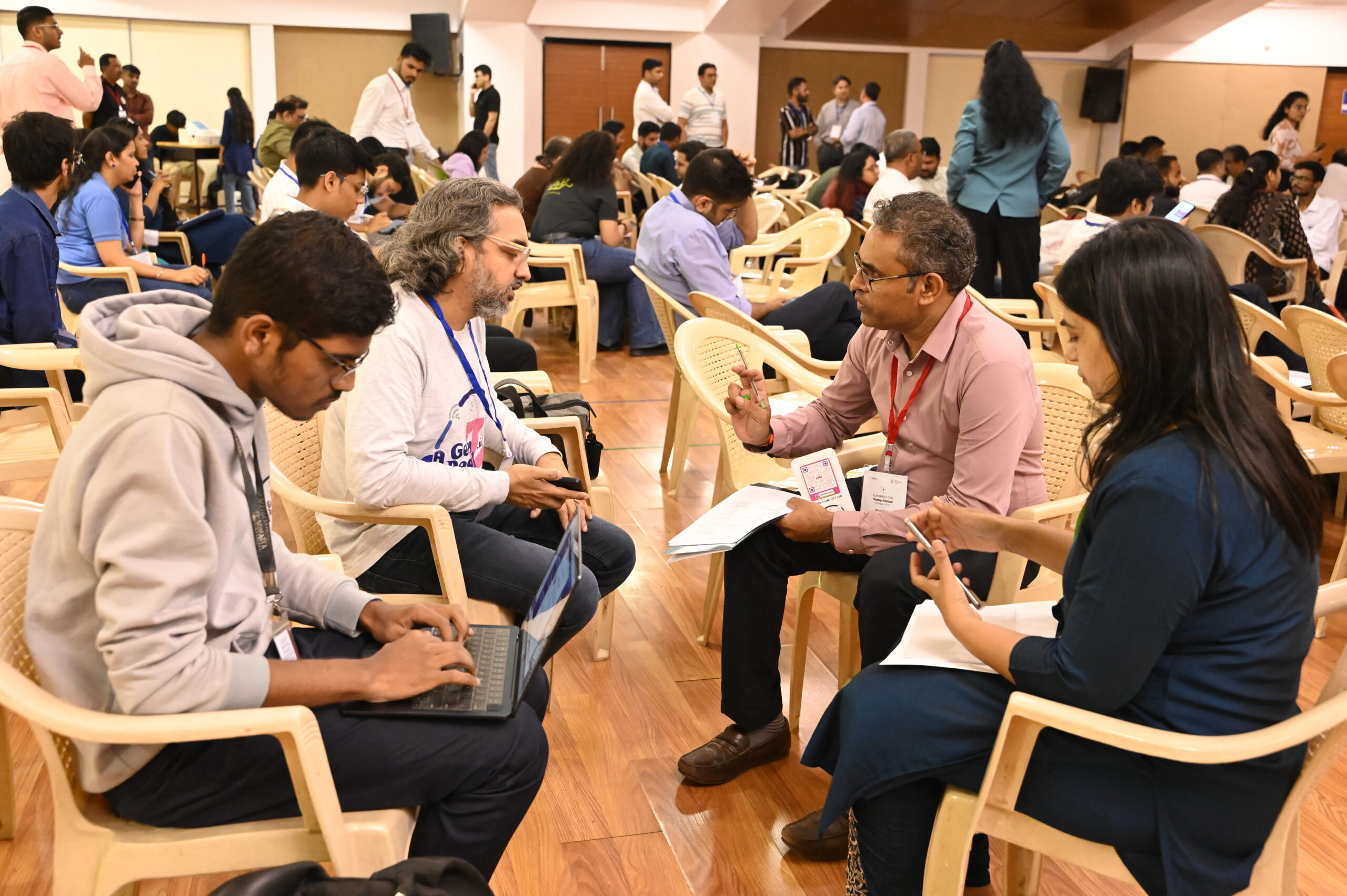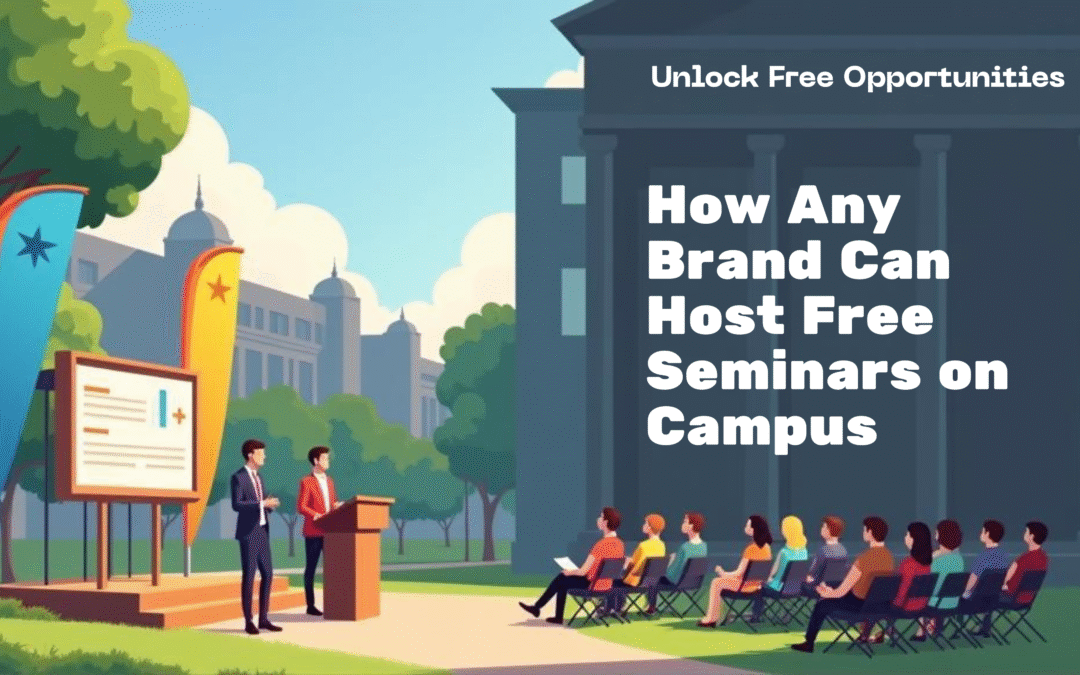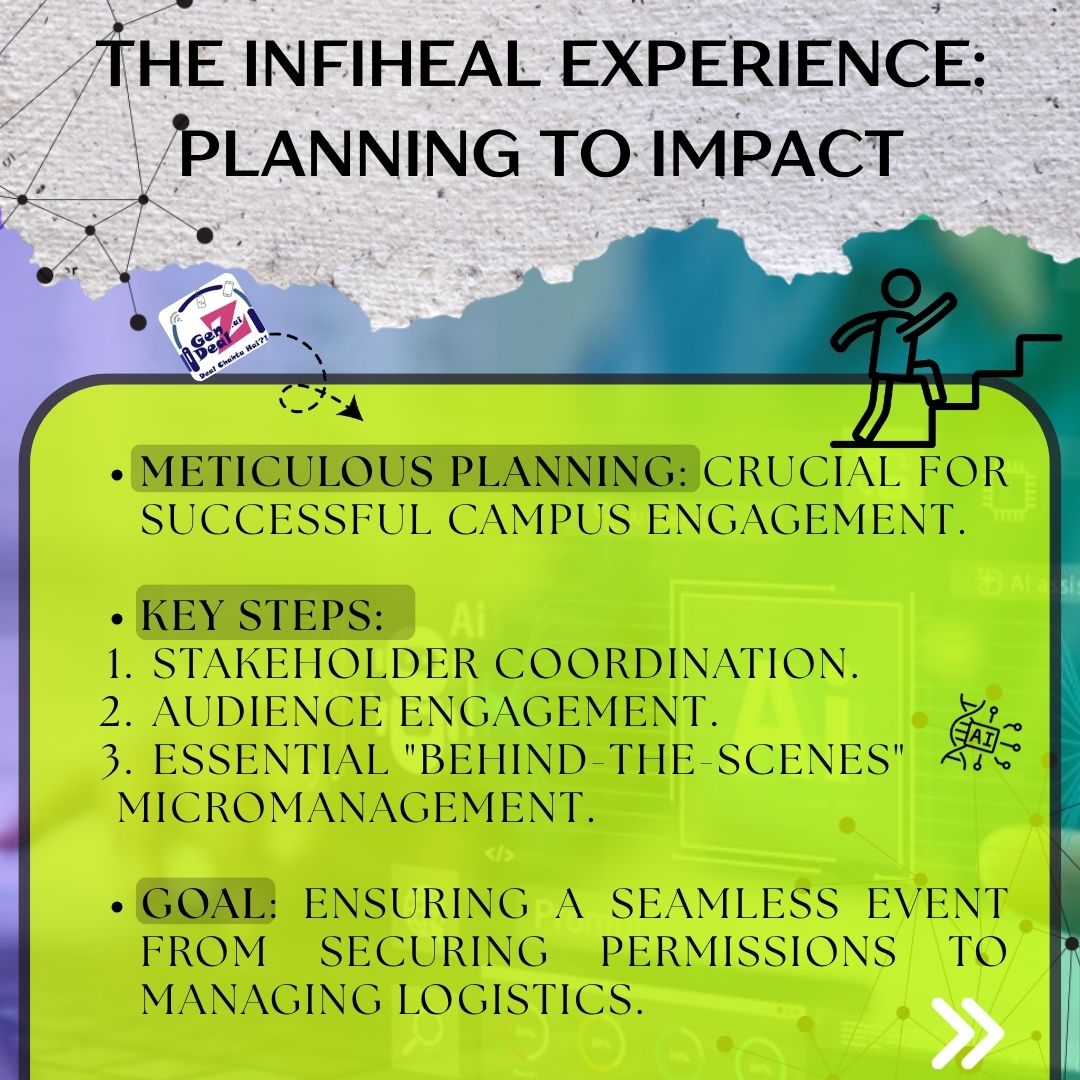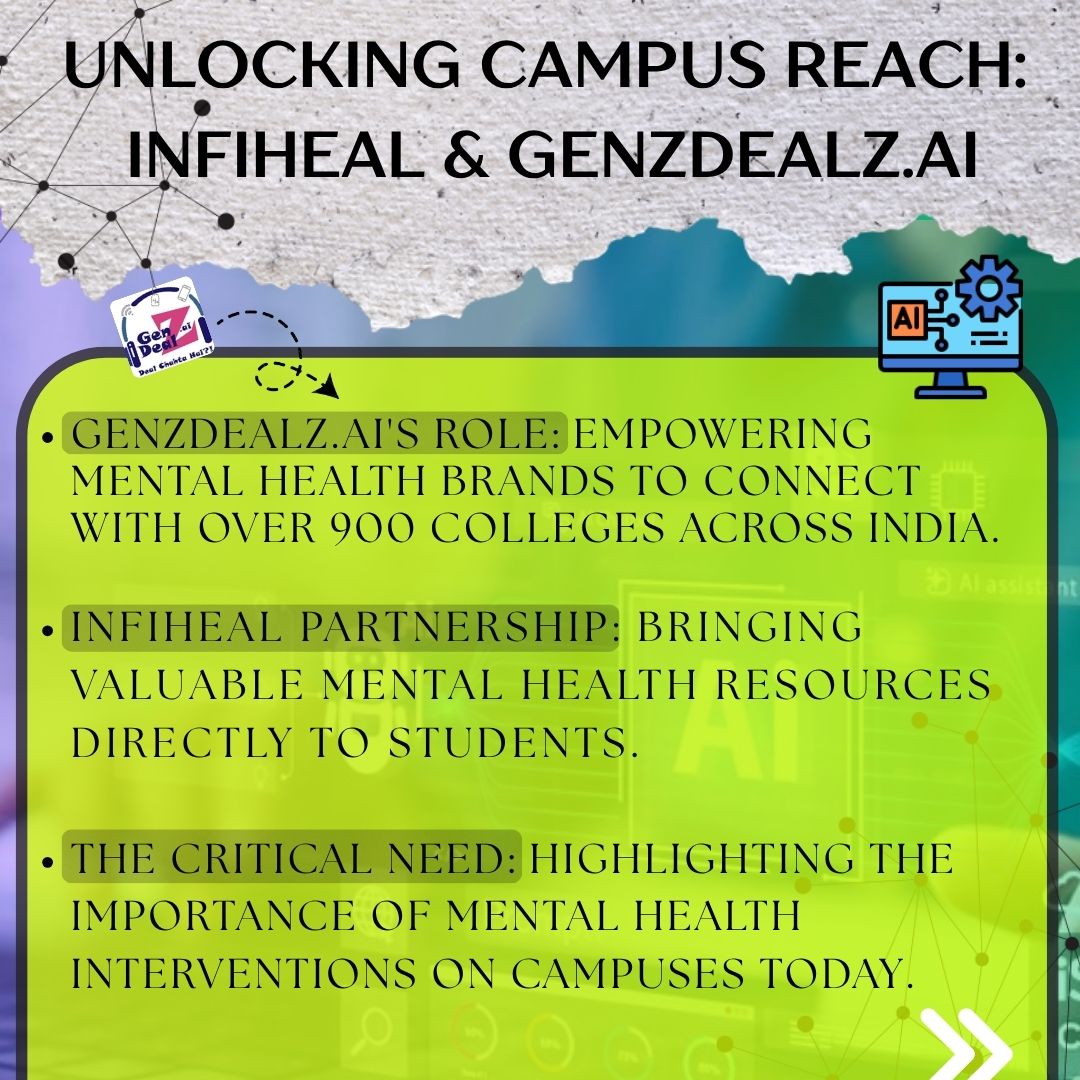
How Brands Can Engage and Partner with PAN India Campuses?
College festivals, competitions, and cultural activities offer brands a powerful platform to connect with young, dynamic audiences. Sponsorships not only help brands gain visibility but also create lasting engagement with students through relevant and meaningful contributions. Below are some innovative ways brands can actively participate in and sponsor college events.
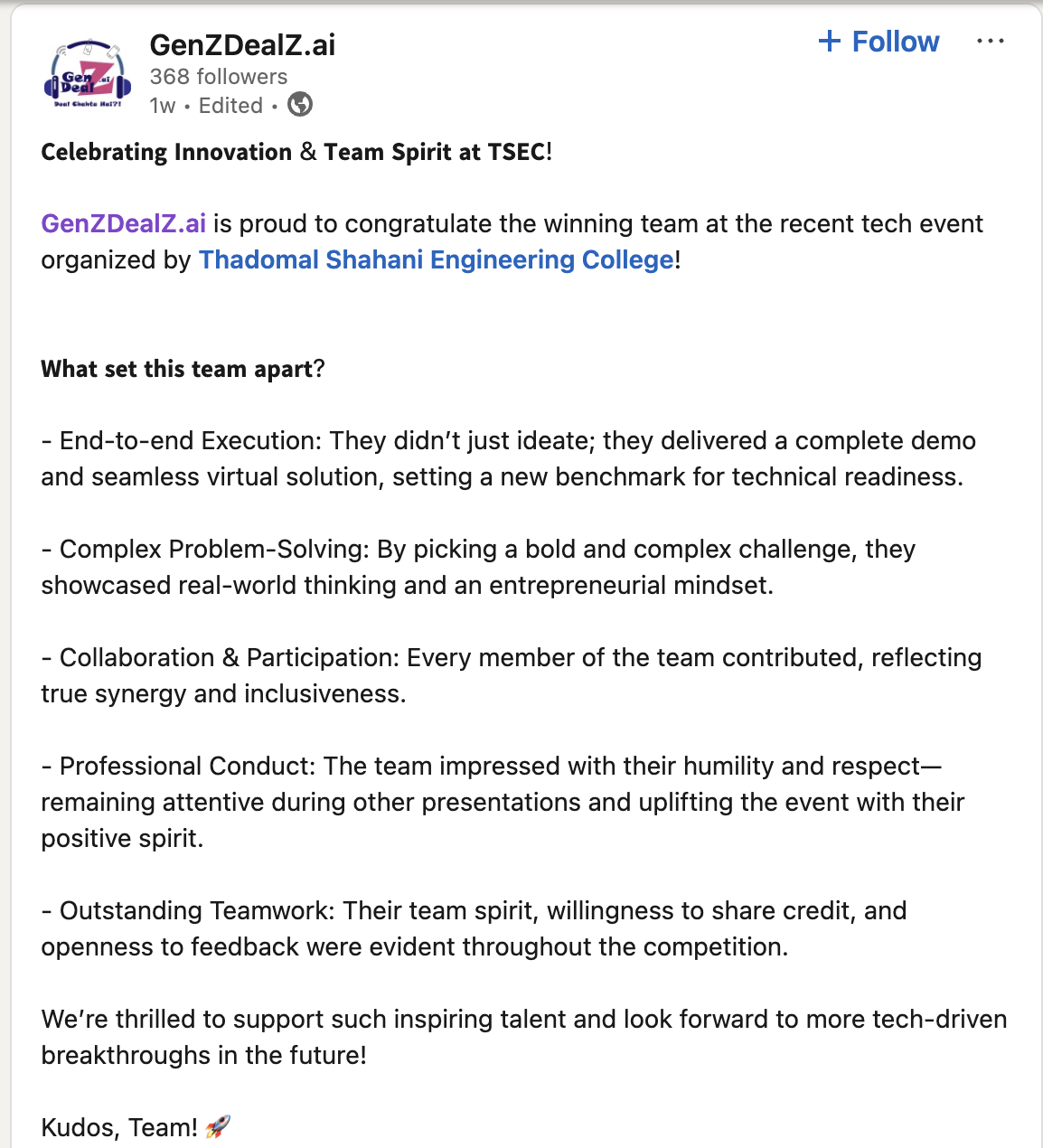
Judging the Competition
One of the most impactful contributions a brand can make is by providing qualified judges for competitions. This ensures professional, unbiased evaluations and adds credibility to the event.
Example: Recently, Akshay Shah was invited as a judge for CODE Storm at Thadomal Shahani College of Engineering. He reviewed the problem statements, picked the winning team, and infused industry knowledge into the judging process.
Sponsorship Opportunities:
-
Distribute brand vouchers to participants.
-
Secure speaking slots (e.g., a 10-minute brand/business pitch to the audience).
-
Build future collaborations with colleges for annual fests or recurring involvement.
Winner Prize Distribution
Brands can amplify their presence by sponsoring attractive prizes for winners. This not only motivates participants but ensures direct brand association with success and achievement.
Example: GenZDealZ.ai partnered as a rewarding sponsor, offering subscription vouchers tailored to the winners’ rankings. For instance, top 3 winners received premium vouchers, while runner-ups were given smaller but high-value rewards.
Sponsorship Opportunities:
-
Gift cards, digital vouchers, or premium subscriptions.
-
Tiered rewards based on performance levels.
-
Branding on prize certificates or announcement banners.
Digital Standee & Firewall Placements
Brands can opt for strategic visibility by booking digital standee space or firewall sections on a college’s admission or fee portal. These pop-ups, integrated with QR codes, make it seamless for students to access brand platforms.
Advantages:
-
QR code-enabled standees drive instant engagement.
-
Firewalls redirect new students via UTM tracking to brand websites.
-
Access to a wider audience, including alumni, through promotional emails sent to college mailing lists.
In the absence of digital infrastructure, brands can place physical standees at high-footfall spots on campus to draw attention from students.
Fest Stall Sponsorship
Setting up a branded stall during college fests creates direct interaction with students across undergraduate and postgraduate levels. With engaging activities, brands can foster curiosity and build loyalty.
Sponsorship Opportunities:
-
Collaborate with the college fest committee to design fun games and activities.
-
Offer instant rewards for participation to drive footfall on Day 1.
-
Use volunteers to create excitement and assist visitors with brand information.
Interactive stalls become experiential touchpoints that transform casual fest attendees into active brand participants.
By combining credibility (judging), aspiration (winnerprizes), visibility (digital/physical presence), and engagement (fest stalls), brands can create a multifaceted sponsorship strategy that resonates with students and builds long-term goodwill on campus.

